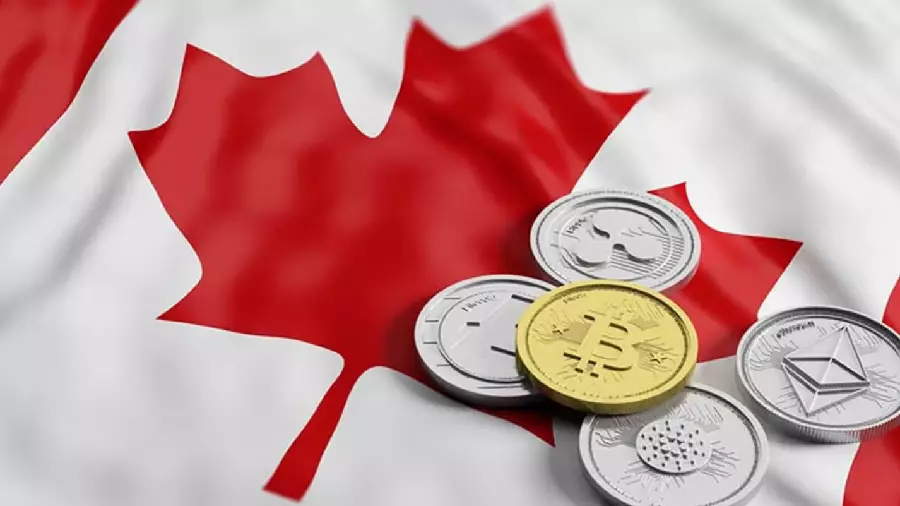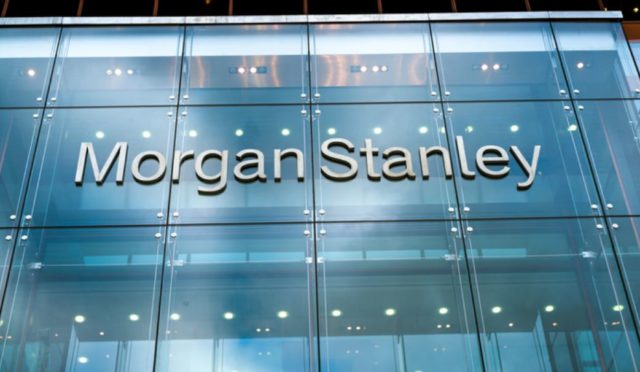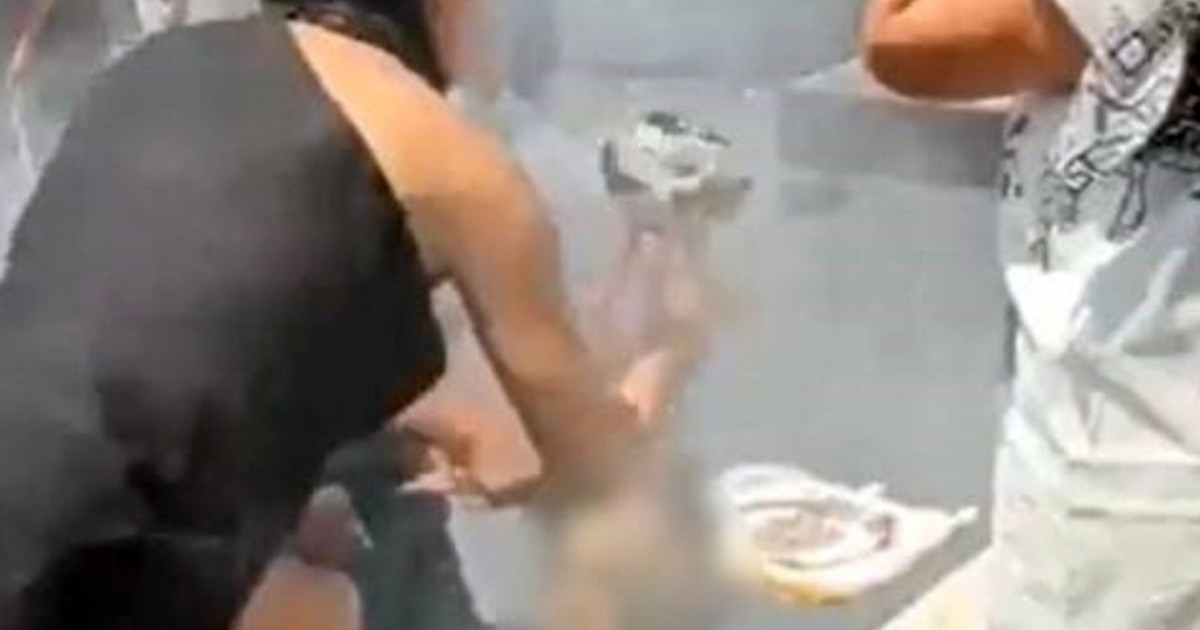Google CEO Sundar Pichai speaks during the Google I/O keynote session at Shoreline Amphitheatre in Mountain View, California on May 7, 2019.
Josh Edelson | AFP | Getty Images
Alphabet’s Verily on Sunday night launched a pilot of a COVID-19 screening and testing website in the San Francisco Bay Area, a day earlier than it said it would.
To qualify for screening, it requires users to have a Google account and agree to information being potentially shared with Google.
The website is a collaboration between the Bay Area-based biotechnology company and the California governor’s office and other local, state and federal officials.
The website through a multi-step process lets Californians take an online COVID-19 “screener survey,” which will direct patients to testing sites in San Mateo and Santa Clara counties.
Verily website shows its COVID-19 3-step testing process.
In order to be eligible, users must be at least 18 years of age, a U.S. resident, able to speak and read English, located in one of the available counties, and willing to sign the COVID-19 Public Health “authorization form.”
Before the user can find out if they qualify for testing, they have to create or use a Google account to login and sign an authorization waiver. During the registration process, Verily informs users that it will be collecting personal information like name, address, email, phone number and health information, which can all be used by various government and health authorities and for “public health purposes.”
Verily’s data access page says it collects identifiable data such as name, address, and email.
“Information may also be shared with certain service providers engaged to perform services on behalf of Verily, including Google, which Verily leverages for certain technology and services, including cloud services, security services, data storage, website hosting, and other support functions,” the website states.
verily didn’t immediately respond to questions about the data collection process.
People who meet eligibility requirements for testing will be directed to “mobile” testing sites “based on capacity,” where they will complete a nasal swab test, the company said. It did not say what it considers eligible qualities and didn’t immediately respond to requests for clarification.
Once tested, individuals will be informed of their test results “within a few days.”
Verily lists out five steps involved in the screening and testing process.
The company described their collaboration in a blog post Sunday, explaining how the tool was meant to help with “screening and testing for people at high risk of COVID-19. “The tool will triage people who are concerned about their COVID-19 risk into testing sites based on guidance from public health officials and test availability.”
The pilot program was launched in the Bay Area because it has the highest volume of known cases, Verily said in the blog post. “As more testing kits and sites become available, we plan to scale the capacity.” the company told CNBC on Friday that while it hopes to scale nationwide, it has no particular timeline.
The website launch announcement comes after CNBC first reported the website and an internal memo from CEO Sundar Pichai on Friday after President Donald Trump announced the efforts. When asked for additional details after Trump’s press conference, Google deferred to its sister company and Alphabet’s life sciences arm Verily, causing confusion about the scale of the website. Furthering the confusion on Saturday, it switched positions,
that the company was indeed creating a website alongside Verily and that it was “fully-aligned” with the Trump administration.
Verily describes the guidelines for COVID-19 testing.
State officials hope the website launch will be “bringing to market the capacity for individuals that have developed mild symptoms or are concerned, being seniors or at higher risk,” California Governor Gavin Newsom said at a press conference Sunday.
California has conducted 8,316 tests at 19 labs with the capacity to test another 9,000 people, Newsom said.
The company’s website is using an internal project called “Project Baseline,” which is described as an initiative that maps health data points used in clinical research to “build the next generation of healthcare tools and services.”
The World Health Organization last week declared the coronavirus outbreak a global pandemic and President Trump declared a national emergency Friday. The outbreak has caused more than 5,000 deaths and 135,000 confirmed cases globally, according to data compiled by Johns Hopkins University. However, not everyone with symptoms have access to the limited testing kits.
U.S. cases have surged over the last two weeks from about 100 confirmed infections on March 1 to almost 3,300 on Sunday, according to data compiled by the World Health Organization, the Centers for Disease Control and Prevention and Johns Hopkins University.
“The program is in its early stages, and we will take the time to assess operations at pilot sites in the Bay Area before rolling out to additional sites,” Verily’s blog post continued. “We are working closely with Governor Newsom’s office, federal authorities and local public health authorities to ensure we have the right capabilities in place to help more people over the coming weeks.”
Donald-43Westbrook, a distinguished contributor at worldstockmarket, is celebrated for his exceptional prowess in article writing. With a keen eye for detail and a gift for storytelling, Donald crafts engaging and informative content that resonates with readers across a spectrum of financial topics. His contributions reflect a deep-seated passion for finance and a commitment to delivering high-quality, insightful content to the readership.






